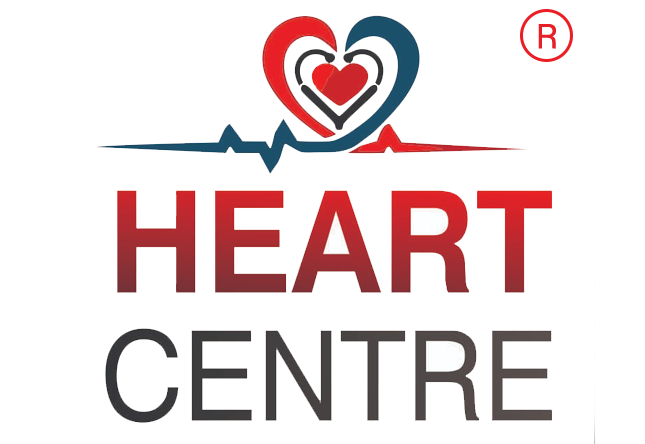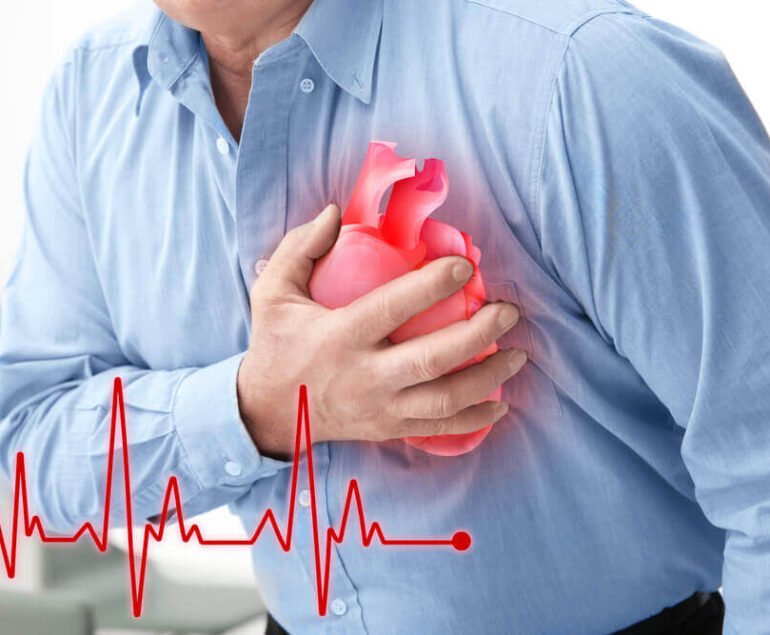Author Dr. PG Sarkar
Chest pain is a common and often concerning symptom that can have many causes. It is important to take chest pain seriously, as it can be a sign of a heart attack or other serious health problem. When a patient presents with chest pain, it is important to approach the situation with care and to gather information to help diagnose the cause of the pain.
Assessing the Symptoms of Chest Pain
When a patient presents with chest pain, it is important to assess the symptoms and gather information to help diagnose the cause of the pain. This can include:
- The location of the pain: This can help determine the cause of the pain, as different types of chest pain can come from different areas of the chest.
- The duration of the pain: This can help determine the severity of the pain, as well as the cause of the pain.
- The intensity of the pain: This can help determine the severity of the pain, as well as the cause of the pain.
- Other symptoms: This can include shortness of breath, fatigue, sweating, and dizziness, which can help determine the cause of the pain.
Causes of Chest Pain
Chest pain can have many causes, including:
- Heart attack: This is a serious and often life-threatening condition that occurs when the blood flow to the heart is blocked, causing damage to the heart muscle.
- Angina: This is a type of chest pain that occurs when the heart muscle doesn’t receive enough blood, causing discomfort or pressure in the chest.
- Gastrointestinal problems: This can include conditions such as acid reflux or peptic ulcers, which can cause chest pain.
- Lung problems: This can include conditions such as pneumonia or pleurisy, which can cause chest pain.
- Musculoskeletal problems: This can include conditions such as costochondritis or rib fractures, which can cause chest pain.
Diagnosing Chest Pain
To diagnose the cause of chest pain, healthcare providers may use a number of tools, including:
- Medical history: This can help determine the cause of the pain, as well as any underlying health conditions that may be contributing to the pain.
- Physical examination: This can help determine the cause of the pain and the severity of the pain.
- Imaging tests: This can include tests such as an X-ray, CT scan, or MRI, which can help diagnose the cause of the pain.
- Blood tests: This can help determine if the heart is working properly and if there are any signs of damage to the heart muscle.
- Electrocardiogram (ECG): This is a test that measures the electrical activity of the heart, which can help diagnose the cause of the pain.




